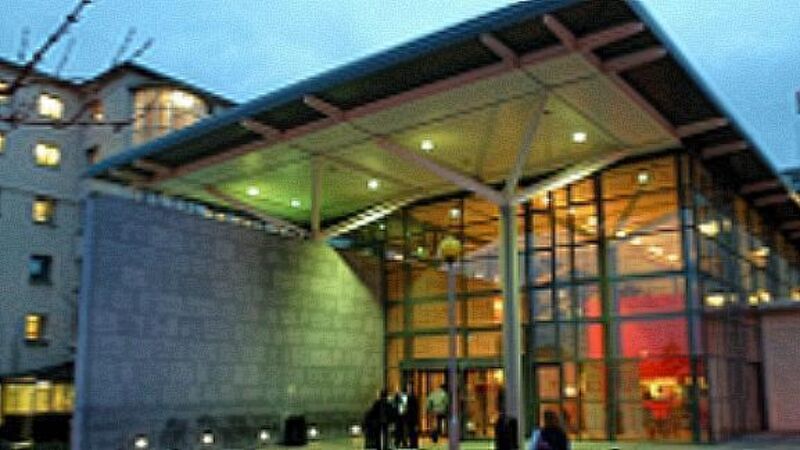Child sex abuse victims have to go to ED

However, the hospital does not have a doctor trained in pediatric forensic evaluation. The knock-on effect could be that child abusers will escape charges due to insufficient evidence.
Since the closure of Galway’s Child and Adolescent Sexual Assault Treatment Service (CASATS) on February 28, several children have required the specialist examination service. CASATS closed as the HSE would not agree to find additional funding of approximately €100,000 per annum, as requested by doctors, to enable a best-practice model of care













